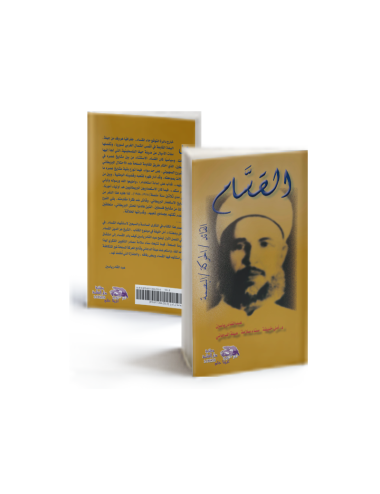- On sale!
Book's
Antigone Now
Antigone begins with The two sons of Oedipus, Eteocles and Polyneices, who are fighting for the kingship of Thebes. Both men die in the battle. Their successor, Creon, decides that King Eteocles will be buried, but Polyneices, because he was leading a foreign army, will be left on the field of battle. Antigone, his sister, buries him anyway.
Antigone is caught burying Polyneices and is condemned to death. Her fiance and Creon's son, Haemon, learns about this and tries to convince Creon to change his mind. It's only then that the seer Tiresias appears. After a long discussion, he finally persuades Creon that the gods want Polyneices buried. By then it's too late Antigone has hung herself, Haemon kills himself when he finds her, and Creon's wife kills herself when she learns about her son.
- On sale!
- On sale!
- On sale!
- On sale!
From Zero to Revolution
This book is inspired by the Palestinian freedom fighter and writer Abdel Qader Yassin, the current historical moment in Palestine
- On sale!
- -60%
The Palestinian National Movement
We will only lose our mistakes in monitoring our practices, the failures before our correct positions, throughout the entire century of the Palestinian national movement.
- Out-of-Stock
- On sale!
- -60%
A High View of Scripture? The Authority of the Bible and the Formation of the New Testament Canon
Where did the Bible come from? Author Craig D. Allert encourages more evangelicals to ask that question. In A High View of Scripture? Allert introduces his audience to the diverse history of the canon's development and what impact it has today on how we view Scripture. Allert affirms divine inspiration of the Bible and, in fact, urges the very people who proclaim the ultimate authority of the Bible to be informed about how it came to be. This book, the latest in the Evangelical Ressourcement series, will be valuable as a college or seminary text and for readers interested in issues of canon development and biblical authority.
Our Captives Behind Bars
The detainees in the prisons of the Israeli occupation are not separated from the resistance or the Palestinian national movement. They are an intimate and organic part of the resistance and the movement alike, but are they prisoners, detainees, or prisoners?
- On sale!
- -60%
- On sale!
















